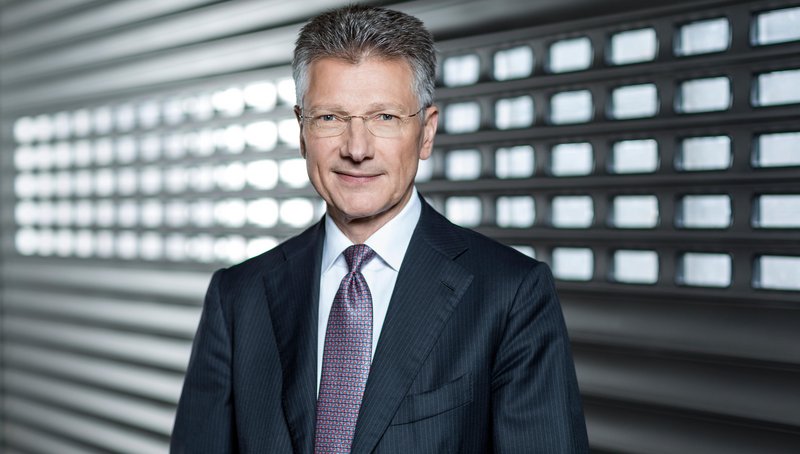Electric Cars Are Not Enough: Combining Drive Technologies to Mitigate Climate Change
- “Electric mobility is only part of the solution”: CEO Dr. Degenhart calls for an open discussion about the technologies required to reduce road-traffic CO2 emissions
- It’s all about finding the right combination: highly efficient internal-combustion engines have proven they can be part of the environmentally friendly future combination of drive systems
- Governments banning internal combustion technology is not the right way to go
- The challenges of electrification: Powerful and affordable battery cells
- Degenhart expects reliable regulations from the government
Berlin, November 9, 2017. Continental’s CEO Dr. Elmar Degenhart today called for an open discussion about the technology required to reduce road-traffic CO2 emissions. At the ‘Automobilwoche Kongress’ in Berlin he said, “Electric mobility is only part of the solution. To mitigate climate change effectively, we need a combination of drive systems consisting of clean diesel and gasoline engines, climate-neutral synthetic fuels and fuel cells.” He said that governments banning internal combustion technology is not the right way to go, particularly because the acceptance of new technologies among consumers cannot be enforced through political means.
When it comes to electricity generation he added, “The contribution of electric mobility to climate mitigation is highly dependent on the way the electricity is generated and the carbon footprint. In most markets, the electric drive already has a slight advantage over the internal combustion engine in terms of CO2. However, the share of electric vehicles in the global fleet is increasing relatively slowly, they will therefore only have an effect on CO2 emissions in the long term.”
At the same time, Degenhart also highlighted how important it is for the industry and governments to work together: “Technology regulations are counterproductive. It is more the job of the industry to invest in the technologies that enable us to comply with emission regulations. It therefore makes more sense for governments to promote research and development of the necessary innovations and set out a reliable long-term framework for doing so.”
Challenge posed by battery cells: billions of euros needed in investment
Degenhart sees the technological and commercial competitiveness of the battery cells as the challenge that has to be faced if millions of electric vehicles are to be launched quickly. “For example, we do not have the right cell technology at the moment. This means that today’s batteries do not meet the requirements to enable electric vehicles to break into the market. Furthermore, we need to invest billions of euros in creating sufficient battery capacity,” explained Degenhart.
For example, if electric cars needed to make up around 70 percent of all the cars and light commercial vehicles of up to six tonnes produced in 2050 to have a meaningful effect on climate-change mitigation, this would highlight the extremely high amount of investment needed. To create the required amount of battery capacity, it would be necessary to have around 165 battery factories, each with an annual production of 40 gigawatt hours. Based on today’s prices, this would require an investment of around €500 billion.
Demand for energy and raw materials will not hinder electric mobility
The production, charging and recycling of the battery systems needed for this would require the generation of around 2,500 terawatt hours of additional energy. This would equate to around a tenth of today’s global energy demand, which could be achieved with future electricity generation processes, and increases in efficiency. The same goes for the demand for raw materials – particularly lithium and cobalt, of which in theory there are sufficient amounts available. At the same time, Degenhart pointed out the issues of cobalt reserves, some of which are located in politically unstable regions.
Continental is well equipped for the change in drive technologies
Degenhart sees his company as being ideally positioned for the future of drive systems: “We are tackling the challenge of the change in drive technologies for vehicles, both with intensity and full of confidence. In the process, we are focusing on the growing demand for highly efficient, low-emission technologies for internal combustion engines as well as on electrified and all-electric drive systems.
“We are all responsible for our environment. After all, the decisions we make today will determine how we and our children live in the future. Let’s set ourselves this challenge, here and all together,” concluded Degenhart.

